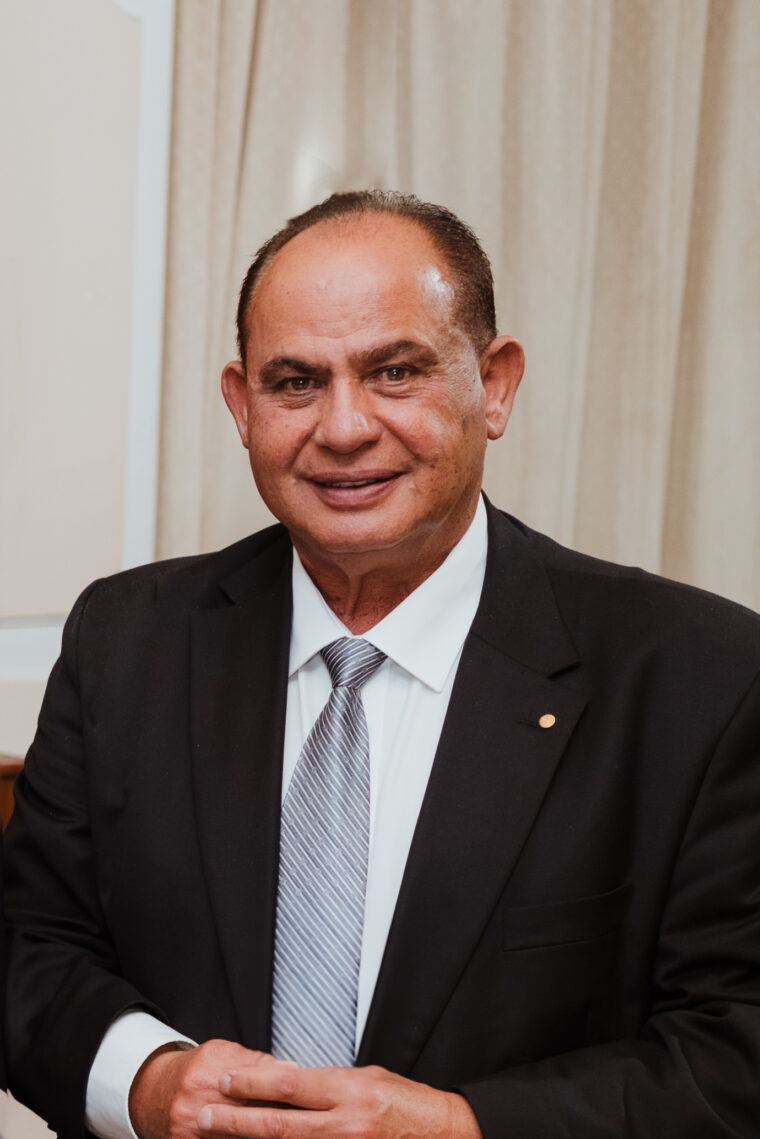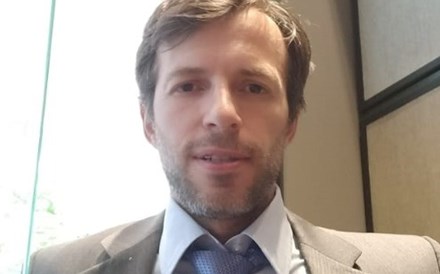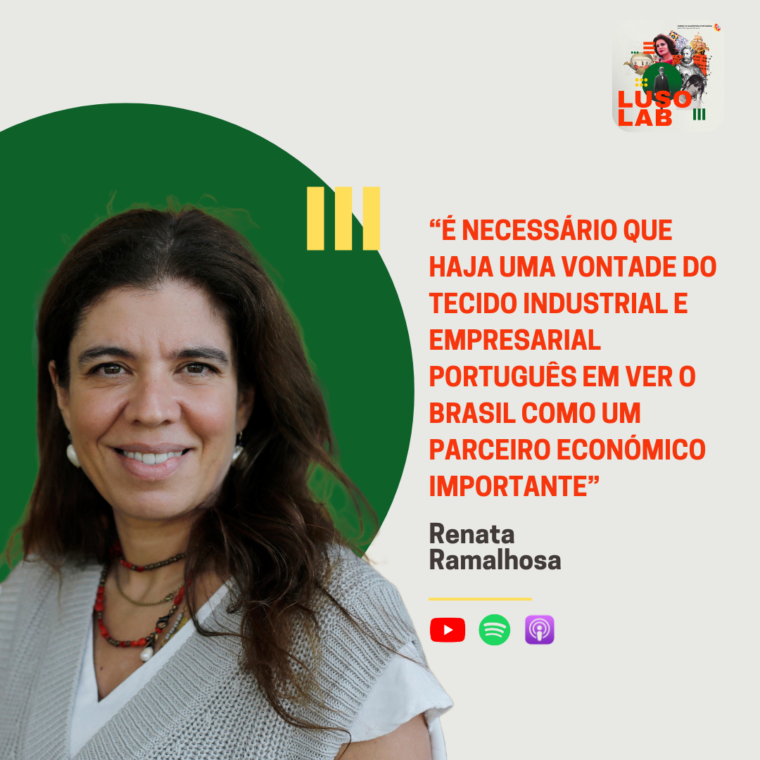Portuguese people who stand out abroad help to find out where business opportunities are and what kind of companies and activities the country can attract. An initiative that brings together Negócios and the Portuguese Diaspora Council.
1- What led you to leave Portugal?
Like almost everything in life, an indescribable mix of circumstances and will: the circumstances of an academic and then professional opportunity ‘pulled’; the desire to explore other worlds ‘pushed’.
It’s possible that there’s also something of karma because my father lived and worked in Canada for many years, and even became a naturalised Canadian citizen.
2- What advantages or disadvantages has being Portuguese brought you?
I’ve been lucky enough to be in culturally open countries, where nationality, ethnicity or cultural background are of little relevance. In general, when it was relevant, I never felt that being Portuguese was a disadvantage: being ‘small’ geographically generates few rivalries or prejudices; being ‘big’ historically generates genuine interest and cause for dialogue. I confess that CR7 has helped to unblock many conversations…
3- What obstacles did you have to overcome and how did you do it?
The main ones were cultural shocks, first with the United States, then with Mexico. Time, self-inflicted mistakes and the help and patience of those I was lucky enough to meet in those countries helped me assimilate the ways of thinking and acting in those countries. Having local mentors who invest time in us makes a big difference in these cultural integration processes.
There’s a word in Portuguese that doesn’t have a direct translation into other languages (it’s not ‘saudade’!) and which I think defines us: ‘desenrasados’. This skill we have has undoubtedly helped me a lot too. The first human on Mars should have been Portuguese…
4- What do you admire most about the country you’re in?
I really admire the resilience of Mexicans: despite all the challenges of an emerging economy with still fragile institutions and a recent crisis of insecurity and violence, forced by an inglorious battle against illegal drug trafficking, these people maintain a contagious optimism and smile.
On the other hand, I think Mexico offers great opportunities in many sectors. It is a country rich in resources, with an enviable geopolitical location and work culture, which in the last 20 years has opened up to the world (it is now the country with the most trade treaties in the world) and which is growing rapidly. Macroeconomic conditions are highly favourable: a mix of growth with little debt and controlled inflation – it’s hard to find a country that offers this trifecta. The challenge is to execute.
Finally, I think Mexico offers an interesting combination of North American work culture and a ‘Latin’ personal lifestyle. Professionally, you can grow a lot and scale the impact of what you do, without losing balance with a personally, culturally and socially enriching life.
5- What do you admire most about the company or organisation you work for?
As a co-founder, I’d rather not answer – compliments in one’s own mouth reek of vituperation. What I can say is that my partner and I try to challenge the status quo on a daily basis and create this permanent non-conformity in our corporate ‘chip’. This generates some internal and external friction, and some people find it harder to live with – but those who have ‘wings to fly’ can fly as high as they like.
Before my current entrepreneurial phase, I worked for two international companies that taught me a lot. The Boston Consulting Group (BCG), in whose Lisbon office I started my professional career, was a real school of business strategy formulation, and each year I worked there corresponded to ten years of experience – having had the opportunity to work in multiple industries and continents. With Goldman Sachs, the learning continued, allowing for greater specialisation in private equity and infrastructure, with a greater focus on financing, implementation and results. Both companies gave me the opportunity to socialise with extraordinary people who challenged me every day and who laid the foundations for a work ethic and work ethic that I try to pass on every day to everyone I work with.
6- What recommendations would you give to Portugal and its entrepreneurs and managers?
Never doubt what you can do out there. But ambition is not enough, you have to roll up your sleeves and be in the trenches, especially at an early stage.
In the specific case of Mexico, my recommendation for Portuguese entrepreneurs would be to invest time in understanding the opportunities and threats, and in creating local roots that will allow them to have a sustainable presence. It is often said that the devil is in the details, and in Mexico more so than elsewhere. Relationships are also very important and relatively easy to build. The rewards won’t be immediate, but they will be plentiful.
7- In which sectors of the country where you live could Portuguese companies find clients?
Technology and telecommunications, financial services, infrastructure and energy are industries on which Mexico’s future depends and in which Portugal can clearly differentiate itself competitively. For example, ‘nuestros hermanos’ have a huge presence in the Mexican financial sector, and for banks like BBVA or Santander, Mexico is the main and most interesting international market, not only because of the prospects the country offers, but also because of the threats the industry is facing in Europe. Another example would be the infrastructure sector, where historically Spanish construction companies (such as OHL, Isolux or Aldesa) and infrastructure operators (such as Abertis) have a history of success in Mexico. Apart from Mota-engil, the Portuguese presence has always been very limited.
That said, Mexico is one of the most commercially open countries in the world and any niche with competitive advantages can be internationalised to Aztec lands. We know a thing or two about wine, and in Mexico it’s an emerging sector looking to improve standards of quality and scale. Why isn’t there a Vista Alegre shop in Mexico?
8- In which sectors of Portugal might companies from the country where you live want to invest?
Mexico’s international presence is very much limited to exports, due to the size and attractiveness of the domestic market and the high cost of capital, which limits more aggressive investments abroad. But despite being one of the world’s biggest exporters, Mexico is under-represented in Europe and especially in Portugal. For example, distilled drinks such as tequila or mezcal have an international presence that is not seen in Portugal.
There are also sectors such as construction materials (e.g. Cemex), chemical products (e.g. Mexichem) and food and drink (e.g. Alsea), in which Mexican multinationals stand out and which are industries that could have an international operational presence.
9- What is the competitive advantage of the country you live in that could be replicated in Portugal?
Mexico’s main replicable competitive advantage is its labour productivity, which is among the highest in the world. Despite an educational system with many weaknesses, this productivity exists thanks primarily to a work culture and discipline that is only paralleled in China and the USA, and which brings us back to the resilience I was talking about earlier.
In terms of government, and despite the difficulties of an emerging country, the federal administration avoids bureaucracy and creates tax incentives for investment. The terms of office of the executive branch are six years, a time horizon that allows structural reforms to be conceptualised and implemented and results to be evaluated. As a result of historical crises, the country has developed and perfected very strong institutions with plenty of autonomy, such as the ‘Secretaria de Hacienda y Crédito Público’ and the ‘Banco de México’, which guarantee fiscal and monetary discipline that would be the envy of most advanced economies and which explain a very low level of indebtedness (public debt is less than 50% of GDP, which for a growing country is quite sustainable) and controlled inflation. Finally, politics is less ideological and more pragmatic, which results in greater convergence between parties and levels of government (federal, state and municipal), as well as greater continuity within and between administrations.
10- Are you thinking of returning to Portugal? Why?
It’s only a matter of time for the circumstances to work out; the desire has never left.
See the original article here.







